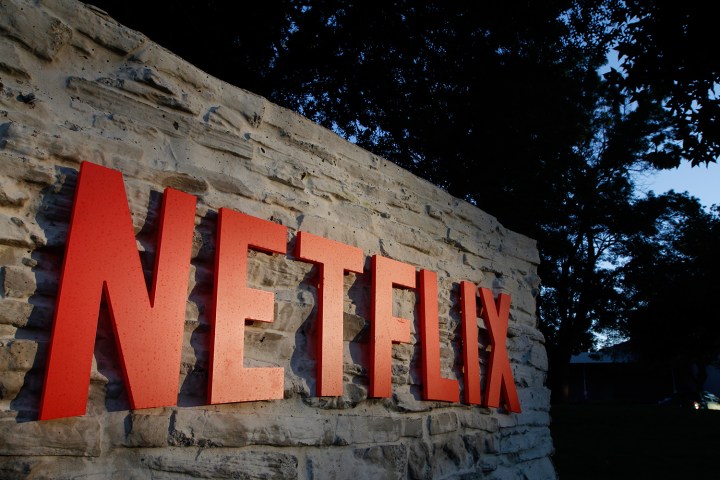
Netflix admitted to data throttling content to some phone carrier customers, claiming it did so to keep the customers’ cellphone bills from going too high with streaming video content. Because Netflix has been outspoken in favor of the FCC ban on data throttling, yet it turns out was throttling its own data stream, critics are accusing Netflix of playing both sides of the net neutrality coin.
At issue here is who can be held liable by the FCC for data throttling. Wireless phone carriers and cable TV companies are Internet service providers (ISPs), and the FCC can go after them for reducing service levels, according to current rules.
Netflix, however, isn’t an ISP — it’s an online content provider, also called an “edge provider.” Edge providers aren’t regulated by the FCC. If the differentiation seems tiny to you, you’re not alone. The idea that Netflix demands full speed from ISPs, but then slows down transmissions to some phone companies, notably AT&T and Verizon, just doesn’t feel right, even if it’s technically legal.
People in the communications industry aren’t as confused by the difference as you and I may be, but some of them are out to find some way to find Netflix in the wrong. It turns out that politics has reared its ugly head in this issue. Wheeler is the leader of the Democratic majority of the FCC. Netflix’s chief FCC critics are commissioners Michael O’Reilly and Ajit Pai, Republicans who often disagree with rulings by the majority. To date no one has presented evidence of illegal activity by Netflix.



